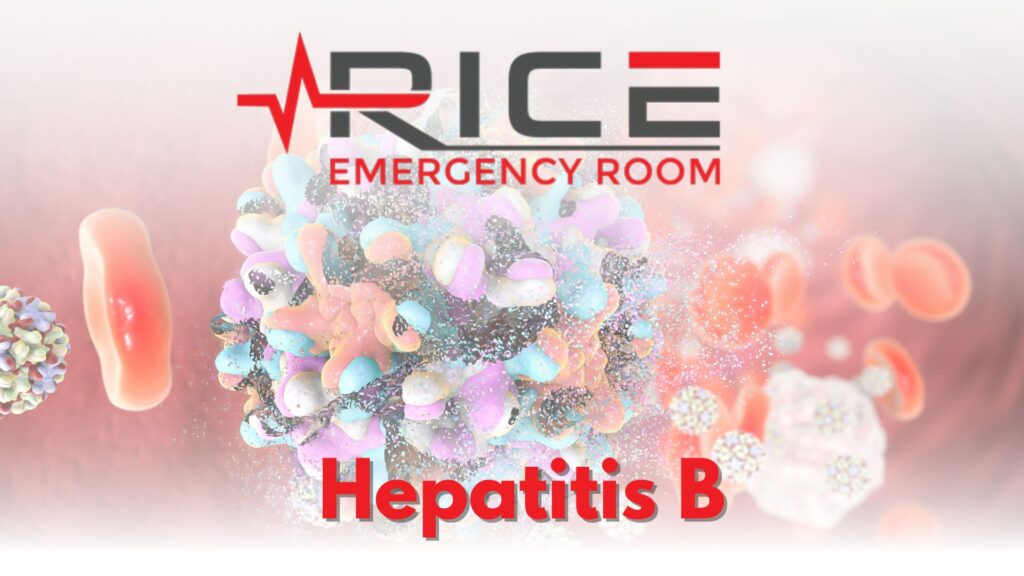
Cancer Prevention Month is each February and is, a time dedicated to raising awareness about the importance of cancer prevention and the various strategies individuals can adopt to reduce their risk of developing this devastating disease. Cancer isn’t a singular ailment but rather a collection of interconnected diseases. Factors such as our genetic makeup, lifestyle choices, and the surrounding environment can play a role in either elevating or reducing the likelihood of developing cancer. Let us delve into the critical aspects of cancer prevention, focusing on screening, vaccines, and healthy lifestyle choices.
Screening for Early Detection
Regular screening is crucial in detecting cancer at its earliest stages when it is most treatable. Screening tests are significant and can identify cancer in its initial phases, allowing for timely intervention and increased chances of successful treatment. The United States Preventive Services Task Force (USPSTF) is a key player in recommending various screening tests based on an individual’s age, gender, and risk factors. These recommendations are evidence-based and continually updated to reflect the latest research findings. Regular screenings for cancers such as breast, cervical, colorectal, and lung cancer are essential components of a proactive approach to cancer prevention. (Centers for Disease Control and Prevention, 2023)
Vaccines for Cancer Prevention
Vaccination has been a groundbreaking advancement in preventing certain types of cancer. Some vaccines protect against infections known to contribute to cancer development. Human papillomavirus (HPV) vaccines, for example, have proven highly effective in preventing cervical cancer, as well as several other cancers associated with HPV infection. Chronic hepatitis B infection is a major risk factor for liver cancer, and vaccination can significantly reduce this risk. By staying up-to-date with vaccinations, individuals can take proactive steps to guard against infections that may lead to cancer. (National Cancer Institute)
Lifestyle Choices and Cancer Prevention
In addition to screenings and vaccinations, adopting a healthy lifestyle is paramount in reducing cancer risk. Here is some advice on making lifestyle choices that can contribute to cancer prevention.
- Avoid Tobacco: The single most preventable cause of cancer is tobacco use. Quitting smoking and avoiding secondhand smoke are crucial steps in reducing the risk of various cancers, including lung, mouth, and throat cancer.
- Eat a Healthy Diet: A well-balanced diet that includes plenty of fruits, vegetables, and whole grains can help lower the risk of certain cancers. The antioxidants and nutrients in these foods contribute to overall health and may have protective effects against cancer.
- Maintain a Healthy Weight: Obesity is a known risk factor for several types of cancer. Regular physical activity and maintaining a healthy weight are essential to cancer prevention.
- Limit Alcohol Intake: Excessive alcohol consumption is linked to an increased risk of various cancers. Moderation is key, and individuals are advised to limit alcohol intake to reduce their cancer risk.
- Protect Your Skin: Exposure to ultraviolet (UV) rays from the sun and tanning beds increases the risk of skin cancer. Practicing sun safety, such as using sunscreen and avoiding excessive sun exposure, is crucial for skin cancer prevention.
- Be Physically Active: Regular physical activity not only helps maintain a healthy weight but also reduces the risk of certain cancers. Aim for at least 150 minutes of moderate-intensity exercise per week.
- Get Screened and Vaccinated: Following the guidelines for cancer screenings and vaccinations, as recommended by healthcare professionals and organizations
- Know Your Family History: Understanding your family’s cancer history can provide valuable information about your risk factors. Share this information with your healthcare provider to develop a personalized prevention plan.
- Practice Safe Sex: Engaging in safe sexual practices, including using barrier methods and getting vaccinated against sexually transmitted infections like HPV, can reduce the risk of certain cancers.
- Stay Informed and Be Proactive: Stay informed about the latest advancements in cancer prevention and be proactive in implementing preventive measures in your daily life.
National Cancer Prevention Month serves as a reminder that each individual has the power to take proactive steps in reducing their risk of cancer. By incorporating regular screenings, vaccinations, and healthy lifestyle choices into our lives, we can contribute to the prevention and early detection of cancer. Let us embrace the opportunity this month presents to prioritize our well-being and work collectively towards a future with fewer cancer diagnoses and more lives saved.
Works Cited
United States Preventive Services Taskforce. “Home Page: United States Preventive Services Taskforce.” Home Page | United States Preventive Services Taskforce,
www.uspreventiveservicestaskforce.org/uspstf/.
Centers for Disease Control and Prevention. “How to Prevent Cancer or Find It Early.” Centers for Disease Control and Prevention, 20 June 2023,
www.cdc.gov/cancer/dcpc/prevention/index.htm.
National Cancer Institute. “Cancer Prevention Overview.” National Cancer Institute,
www.cancer.gov/about-cancer/causes-prevention/patient-prevention-overview-pdq.




